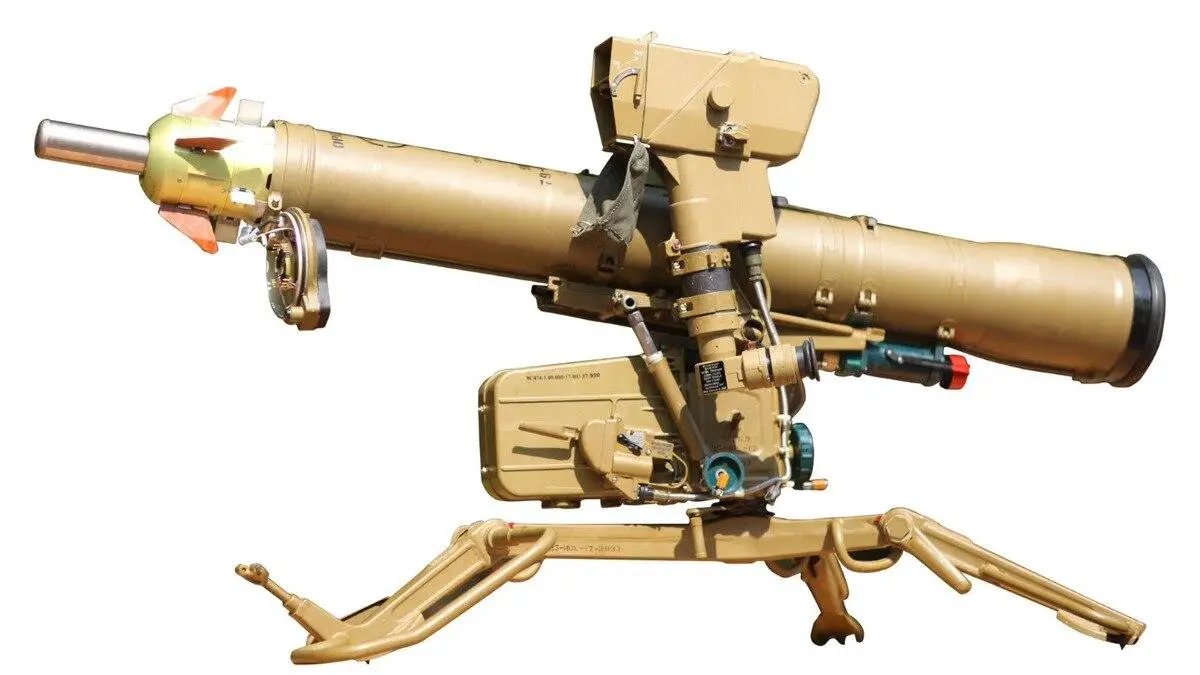Bharat Dynamics Limited (BDL) and the Indian Army have signed a contract worth Rs 3,131.82 crore for the manufacture and supply of Konkurs-M anti-tank guided missiles. The order book position of BDL stands at Rs 11,400 crore net including the Konkurs-M contract. Siddharth Mishra (Retd), Chairman and Managing Director of BDL stated that Konkurs-M is being manufactured by BDL under a license agreement with a Russian Original Equipment Manufacturer (OEM). The contract, which was signed in New Delhi today, will be executed in three years. The missile has been indigenized up to the maximum extent.
BDL is also offering 9M113M Konkurs-M (NATO reporting name AT-5B Spandrel B) missiles for export to friendly foreign countries. Konkurs-M is a second-generation, mechanized infantry anti-tank guided missile, to destroy armored vehicles equipped with explosive reactive armor. The missile can be launched either from the BMP-II tank or from a ground launcher. It has a range between 75 to 4000 meters. Bharat Dynamics has augmented its manufacturing capacity to meet the domestic as well as overseas demand for Konkurs-M. As a part of its global outreach, BDL is also offering Man-Portable Anti-Tank Guided Missiles, Nag, Milan-2T, and Amogha, in addition to Konkurs M, for export.
The 9M113 Konkurs (NATO reporting name AT-5 Spandrel) is a Soviet SACLOS wire-guided anti-tank missile. Development of the 9K111 with greater firepower, the 9M113 Konkurs can use the same launchers and is very similar visually, distinguishable only by a slight bulge towards the end of the Konkurs’ missile tube. The system uses a gas generator to push the missile out of the launch tube. The gas also exits from the rear of the launch tube similar to a recoilless rifle. The missile leaves the launch tube at 80 meters per second and is quickly accelerated to 200 meters per second by its solid-fuel motor.
The launcher tracks the position of an incandescent infrared bulb on the back of the missile relative to the target and transmits appropriate commands to the missile via a thin wire that trails behind the missile. In-flight, the missile spins at between five and seven revolutions per second. The system has an alarm that activates when it detects jamming from a system like Shtora. The operator can then take manual control, reducing the missile to MCLOS. The SACLOS guidance system has many benefits over MCLOS. The system’s accuracy is quoted in some sources as 90%, though its performance is probably comparable to the BGM-71 TOW or later SACLOS












